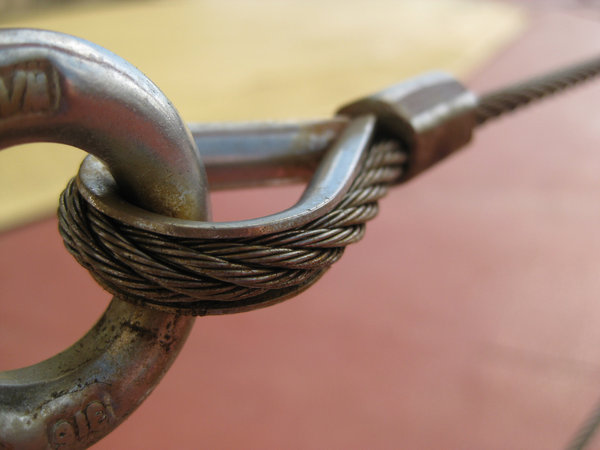Your cart is currently empty!

BE the Directory
Gathering backlinks or inlinks, links to your site from other sites, is an important part of search engine optimization.
Links to your site are votes for your site’s value from the sites that link to you, so they increase your trustworthiness in the view of the search engines. Links to your site are built into search engine’s algorithms because Google and bing know that their robots can’t make good judgements about the quality of your design or content; counting backlinks lets the algorithms include human judgements as well. Search engines notice the anchor text used for links to your site, and consider it when determining what keywords your site should be offered for. Links from other sites can bring you traffic, too, increasing your chances of getting more backlinks from visitors.
But what about outlinks, the links you give to other websites? Certainly, you’ll link to other sites when they have information you think is valuable to your readers. And you might create resource pages with links to hold (and perhaps disguise) reciprocal links with directories.
You may not have thought, however, about having a directory at your site. A page or series of pages, that is, with a compendium of links to other sites. Consider the benefits:
- Your site can be the go-to place for people who want to find a list of all the solar energy companies in the nation, all the Civil Ware reenactment forum sites, or all the project management software. If you have an exhaustive, up to date list of something that people would otherwise have to spend a lot of time searching for, then you have a useful resource. A list like this can be linkbait, for sure — other people don’t want to go to the amount of trouble you went to, after all.
- Your readers can get in the habit of visiting you for the information, rather than going elsewhere. You can be a portal for them. We like to do this with travel, sports, and hobby sites: knitters will be grateful to have a nice long list of yarn shops to browse through, and people planning a vacation will tell their friends about your treasure trove of information.
- Your useful page can benefit from user-generated content if you ask readers to tell you about other resources. All the linkbuilders will send you emails pointing out their virtues of their sites, thus adding to your page with little effort from you.
This only works if you actually have a useful page. Here’s how to make it useful:
- Make your directory a tightly focused one: all the best zoos or skydiving venues or places to take kids in NYC, not a random list of stuff you’ve noticed in your travels.
- Include only high quality sites in your list. Better for your readers and better for your site’s SEO.
- Add information about the sites — ideally, a unique and well-thought-out review of each site so your visitors can easily find the sites that will be most valuable to them without having to click back and forth.
- Keep the links up to date.
Once you have a good page like this, you can contact all the people you’ve linked to and suggest that they might like to share this list with their readers, thus giving you a slew of backlinks from sites you’ve already identified as relevant, quality sites.
by
Tags:
Comments
One response to “BE the Directory”
[…] your trustworthiness in the view of the search engines. Links to your site are built into […] Haden Interactive We also recommend you to visit Internet1marketing.com for Tools And Courses For Online Marketing […]

Leave a Reply